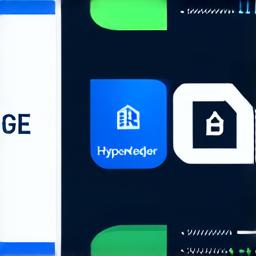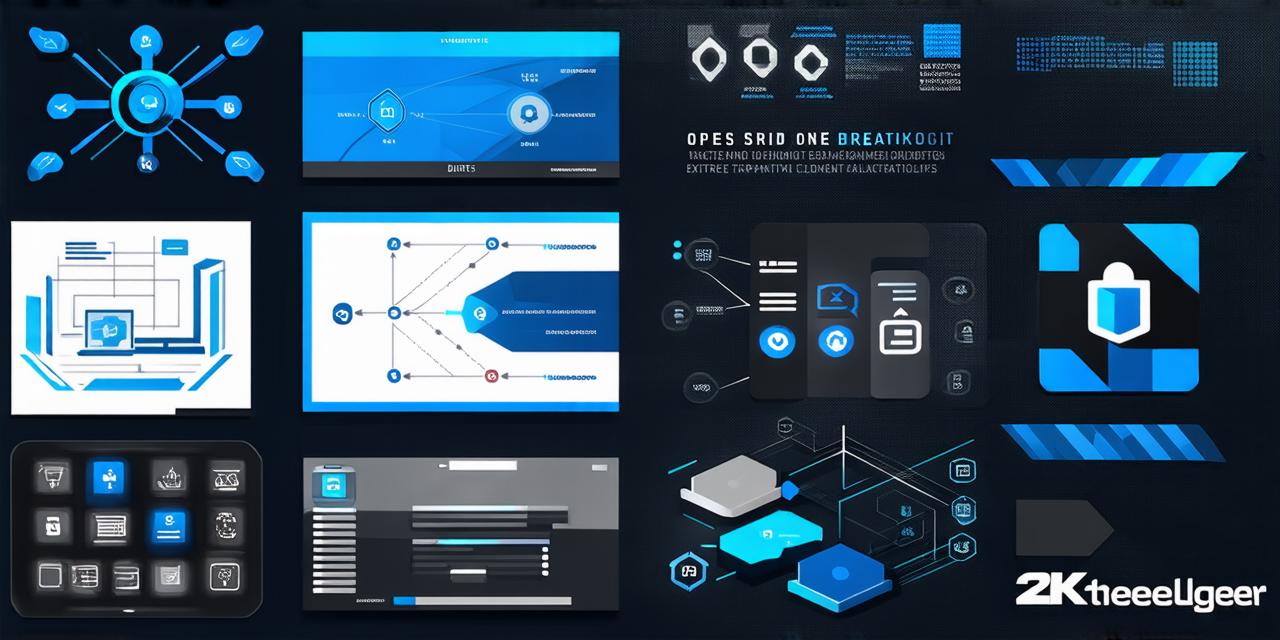Introduction
Blockchain technology is revolutionizing various industries worldwide, including finance, supply chain management, healthcare, and more. With its decentralized, secure, and transparent nature, blockchain has the potential to change the way we conduct business and interact with each other.
What is Hyperledger?
Hyperledger is an umbrella project that brings together several open-source blockchain frameworks and tools. It was launched by the Linux Foundation in 2016 to address some of the challenges associated with blockchain, such as scalability, privacy, and interoperability. The Hyperledger project aims to create a modular, flexible, and secure blockchain platform that can be used in various industries.
Hyperledger in Blockchain
Blockchain technology is based on a distributed ledger that records transactions securely and transparently. This ledger is maintained by a network of nodes that validate and verify transactions. However, the traditional blockchain architecture has some limitations, such as scalability issues and privacy concerns. Hyperledger aims to address these challenges by providing a modular and flexible blockchain platform.
Hyperledger in Industry

Hyperledger has the potential to revolutionize various industries worldwide. In finance, hyperledger can be used for faster and more secure transactions, such as cross-border payments and trade finance. Hyperledger can also be used for identity management, providing consumers with greater control over their personal data.
Case Studies
Several organizations have successfully implemented hyperledger in their blockchain applications. One such organization is IBM, which has developed the IBM Food Trust platform using Hyperledger Fabric. The IBM Food Trust platform is a decentralized network that connects food manufacturers, retailers, and regulators to track food products from farm to table. This has improved transparency, traceability, and efficiency in the food supply chain.
Another organization that has successfully implemented hyperledger is Walmart. Walmart has developed the Walmart Food Traceability system using Hyperledger Fabric. The Walmart Food Traceability system allows for real-time tracking of food products from farm to store shelves, providing consumers with more accurate and reliable information about the food they are buying.
Hyperledger in Industry
Hyperledger has the potential to revolutionize various industries worldwide. In finance, hyperledger can be used for faster and more secure transactions, such as cross-border payments and trade finance. Hyperledger can also be used for identity management, providing consumers with greater control over their personal data.
Case Studies
Several organizations have successfully implemented hyperledger in their blockchain applications. One such organization is IBM, which has developed the IBM Food Trust platform using Hyperledger Fabric. The IBM Food Trust platform is a decentralized network that connects food manufacturers, retailers, and regulators to track food products from farm to table. This has improved transparency, traceability, and efficiency in the food supply chain.
Another organization that has successfully implemented hyperledger is Walmart. Walmart has developed the Walmart Food Traceability system using Hyperledger Fabric. The Walmart Food Traceability system allows for real-time tracking of food products from farm to store shelves, providing consumers with more accurate and reliable information about the food they are buying.
FAQs
What is Hyperledger?
Hyperledger is an umbrella project that brings together several open-source blockchain frameworks and tools. It was launched by the Linux Foundation in 2016 to address some of the challenges associated with blockchain, such as scalability, privacy, and interoperability.
